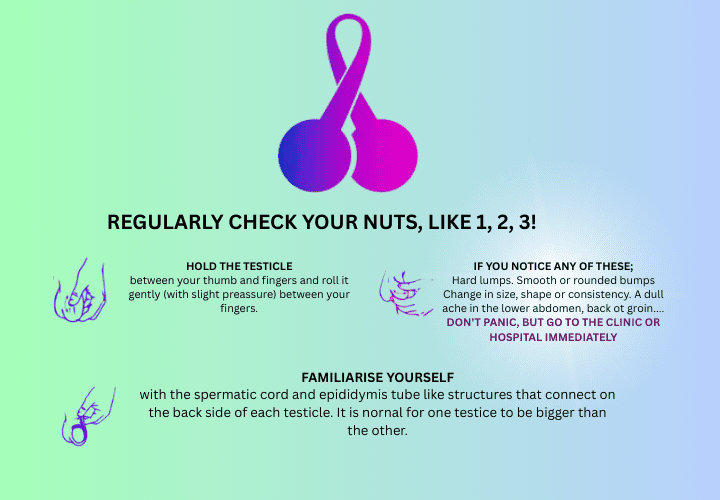Good night’s sleep is incredibly important for your health.

Good night’s sleep is incredibly important for your health.
- onco
- January 22, 2022
A good night’s sleep is as important as eating clean and exercising, most people require seven to nine hours of sleep per night, though most people don’t get enough sleep, which put a persons health at risk.
Studies state short sleep — defined as sleeping fewer than 7 hours per night — with a greater risk of weight gain and a higher body mass index. A Study in two years back found that adults who slept fewer than 7 hours per night had a whopping forty one percent increased risk of developing obesity, whereas sleeping longer didn’t increase the risk.
Sleep deprivation increases levels of ghrelin and decreases levels of leptin. Ghrelin is a hormone that makes us feel hungry while leptin makes us feel full. This may cause us to feel hungrier and overeat at night or when you’re supposed to be in bed. Sleep-deprived individuals have a bigger appetite and tend to eat more calories. Prioritizing sleep assists in maintaining healthy body weight, as lack of sleep will leave you tired and may discourage you from doing physical activity.
Sleep is important for various aspects of brain function and it improves cognition, concentration, productivity, and performance. All of which can be adversely affected by lack of sleep. Studies state good sleeping patterns have shown improvement in cognitive development among children and it was found that children who slept well did academically well as opposed to kids who didn’t get enough sleep.
A good night’s sleep has been shown to improve problem-solving skills and improve memory performance in both kids and adults. Sleep well, eat healthy, and exercise often. Lack of sleep is associated with many bad health effects, including increased risk of cardiovascular disease, depression, weight gain, inflammation, and over all tiredness.
Recent Posts
-
Can Testicular Cancer affect fertility?
April 23, 2025
-
Why are Breast Cancer Cases Increasing Around the World?
April 17, 2025





Leave a Reply